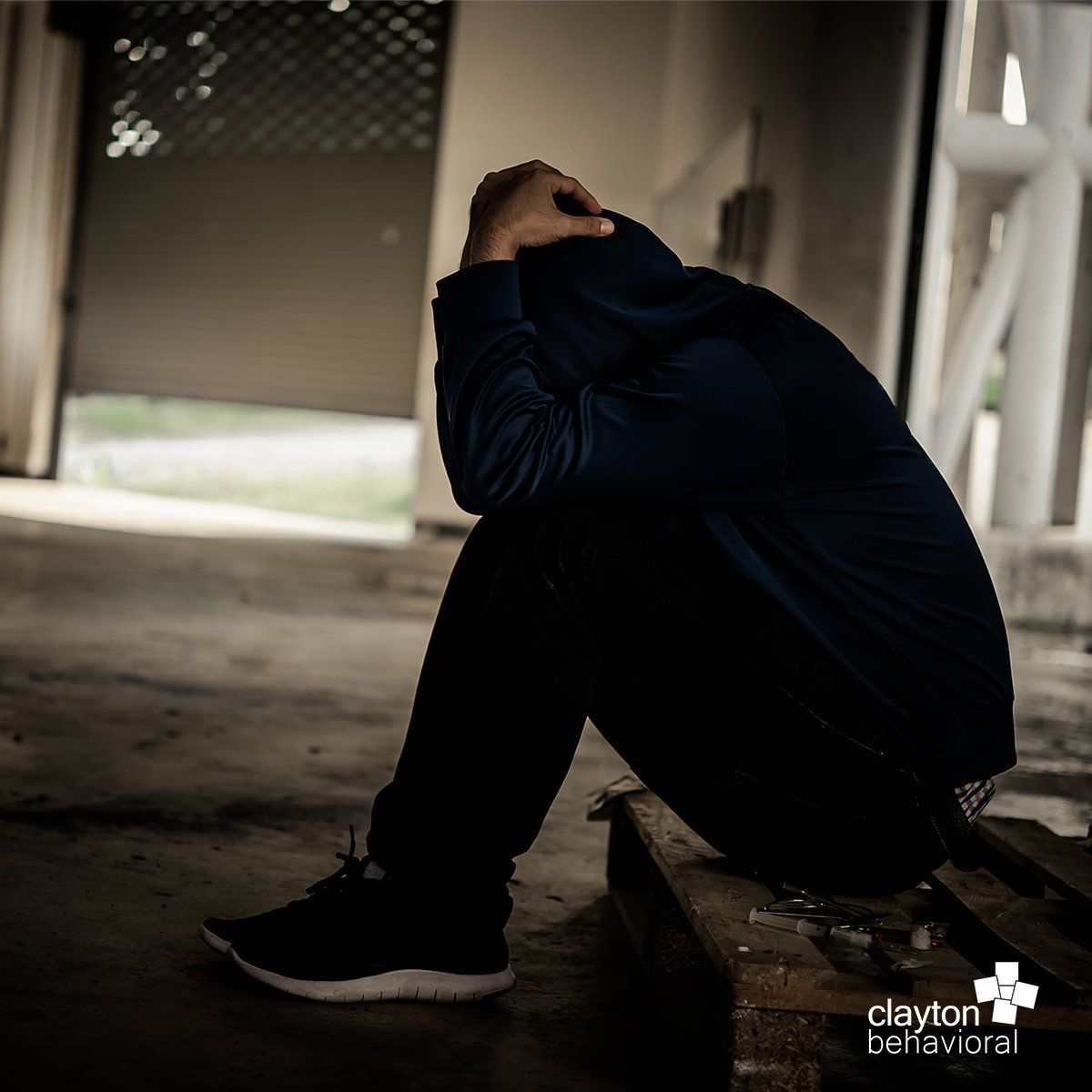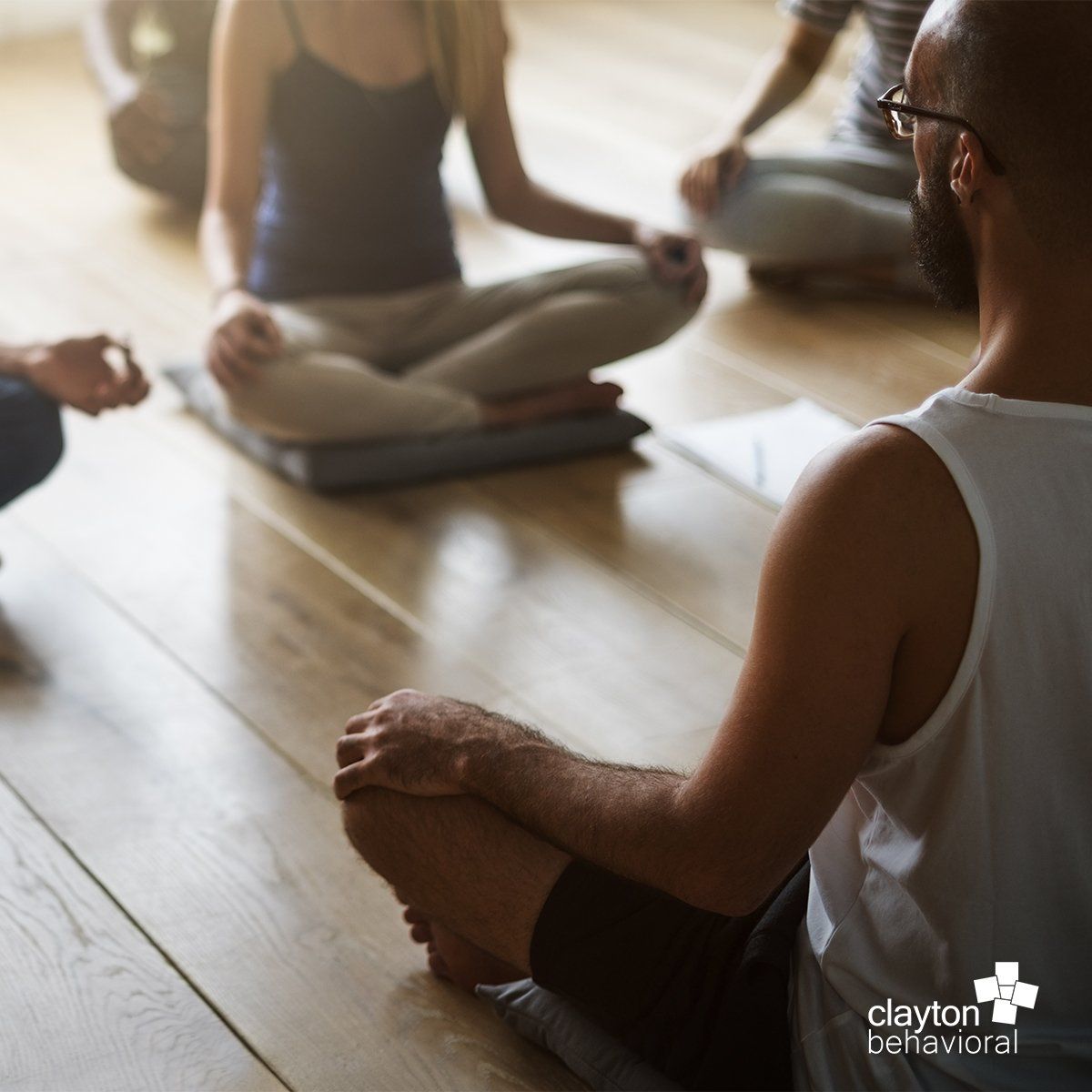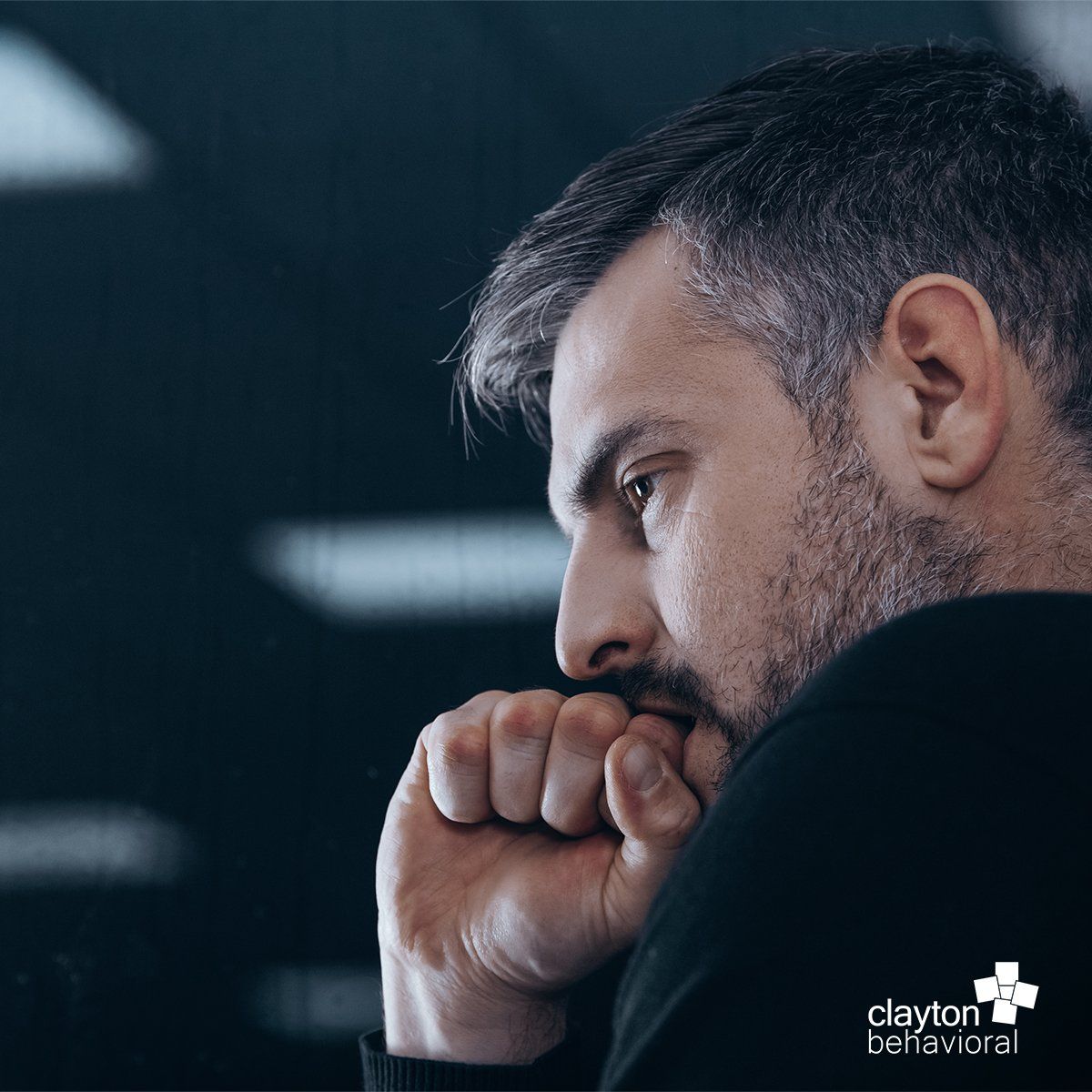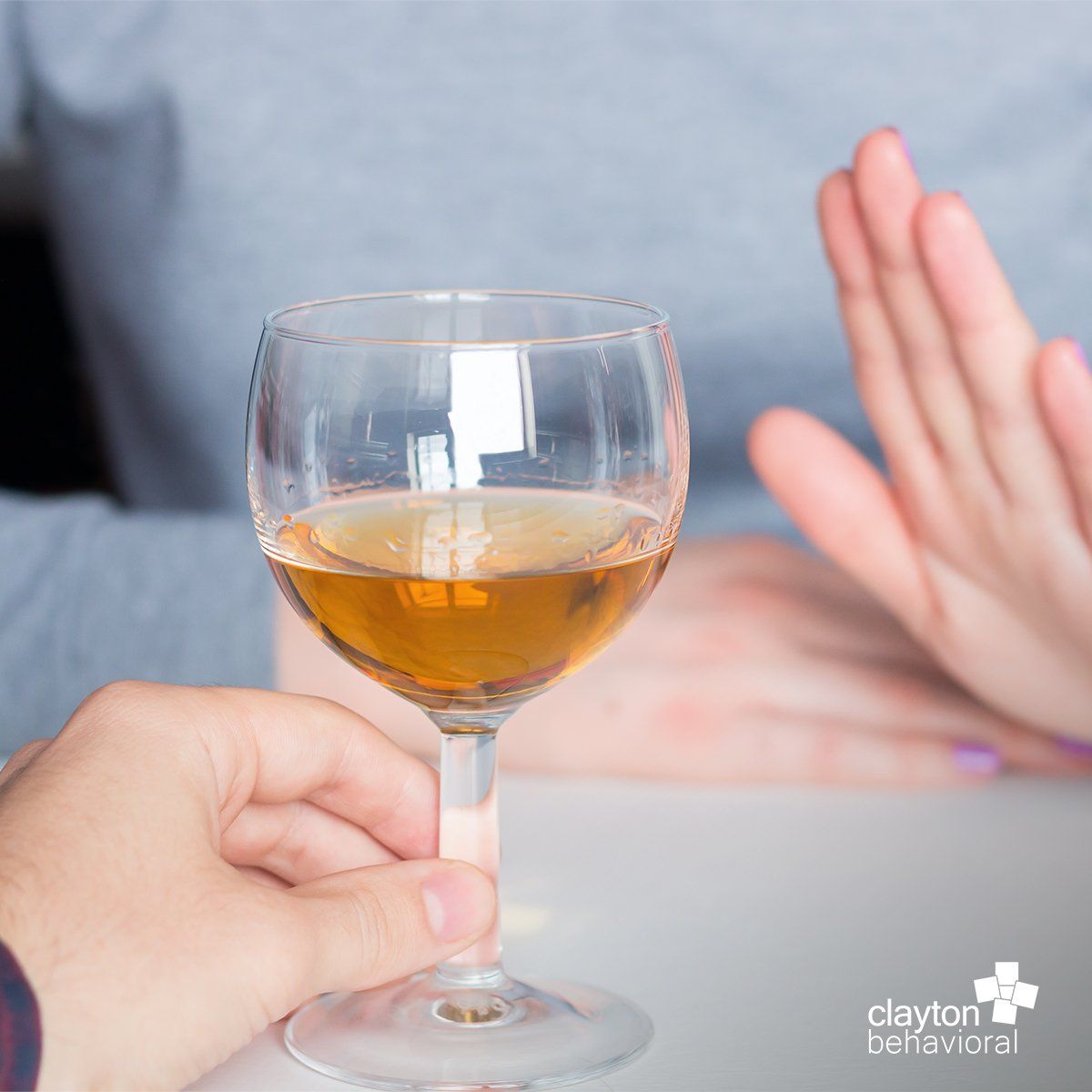AA, God, and the Big Book

Ever since its beginnings, AA has struggled with the issue of God and a Higher Power. Bill Wilson, the iconic AA founder (and one of TIME magazine's 100 most influential people of the 20th century) was himself an agnostic and an atheist at various points in his life. Those struggling with alcoholism who refuse to attend AA because "it's too religious" may be missing the point.....
Bill W. and Dr. Bob started what is now known as AA in 1935 in Akron, Ohio. Shortly thereafter, Bill W. wrote (with the input of AA's first 100 members) the Big Book of Alcoholics Anonymous, introducing for the first time the Twelve Steps model of recovery. Chapter 4 of the Big Book is titled "We agnostics" and explores the meaning of a Higher Power. In this chapter, Bill W. explains the famously italicized statement that follows the word God in Steps 3 and 11 of the Twelve Steps: "God as we understood him" . It is clear that the AA fellowship knew since its beginnings that non-believers could also get sober in their program.
Jim Burwell ("Jimmy the atheist") was one of AA's first members. He wrote his personal story, "The Vicious Cycle", for the 2nd edition of the Big Book. He took his last drink on June 16th, 1938. After months of lively discussions with other AA founders on the issue of God, he was the first to conceptualize the AA group as his own Higher Power . "Those who honestly try to find a Power greater than themselves", he wrote, "were much more composed and contended than I have ever been, and they seemed to have a degree of happiness which I have never known." In his article "Thirty Years Sober" published in 1968 he elaborated on the concept of how the Good all human beings have, deep in their hearts, could serve him perfectly well as his Higher Power. "By meditating and trying to tune in on my better self for guidance and answers, I became more comfortable and steady."
Beyond Belief (BB) is a secular spinoff of AA started by non-believers who didn't feel comfortable in certain AA groups where religious beliefs played a significant role. In their website they list several secular versions of the Twelve Steps. Overall, they fully endorse the principles of AA but try to offer a friendlier environment to those firmly rooted in atheism or agnosticism. Quad A (AAAA, AA for Agnostics and Atheists) started in Chicago in 1972. Both of these groups' understanding of the Twelve Steps follow "Ed the atheist": God as a Higher Power is replaced by AA and its members.
Those fulfilling AA's only requirement for membership ( a sincere desire to stop drinking ) should have no problems accommodating their religious beliefs to AA, including lack of any religious beliefs. AA (or BB or Quad A) will certainly accommodate them. To date, one of the most successful, consistent and effective long-term ways of staying sober is to embrace both the fellowship of AA (becoming a friend of Bill W. ) and to diligently work the Twelve Steps.... one day at a time .
Contact Us
9890 Clayton Rd, Suite 100
St. Louis, MO 63124
Annex
9904 Clayton Road, Suite 135
St. Louis, MO 63124









